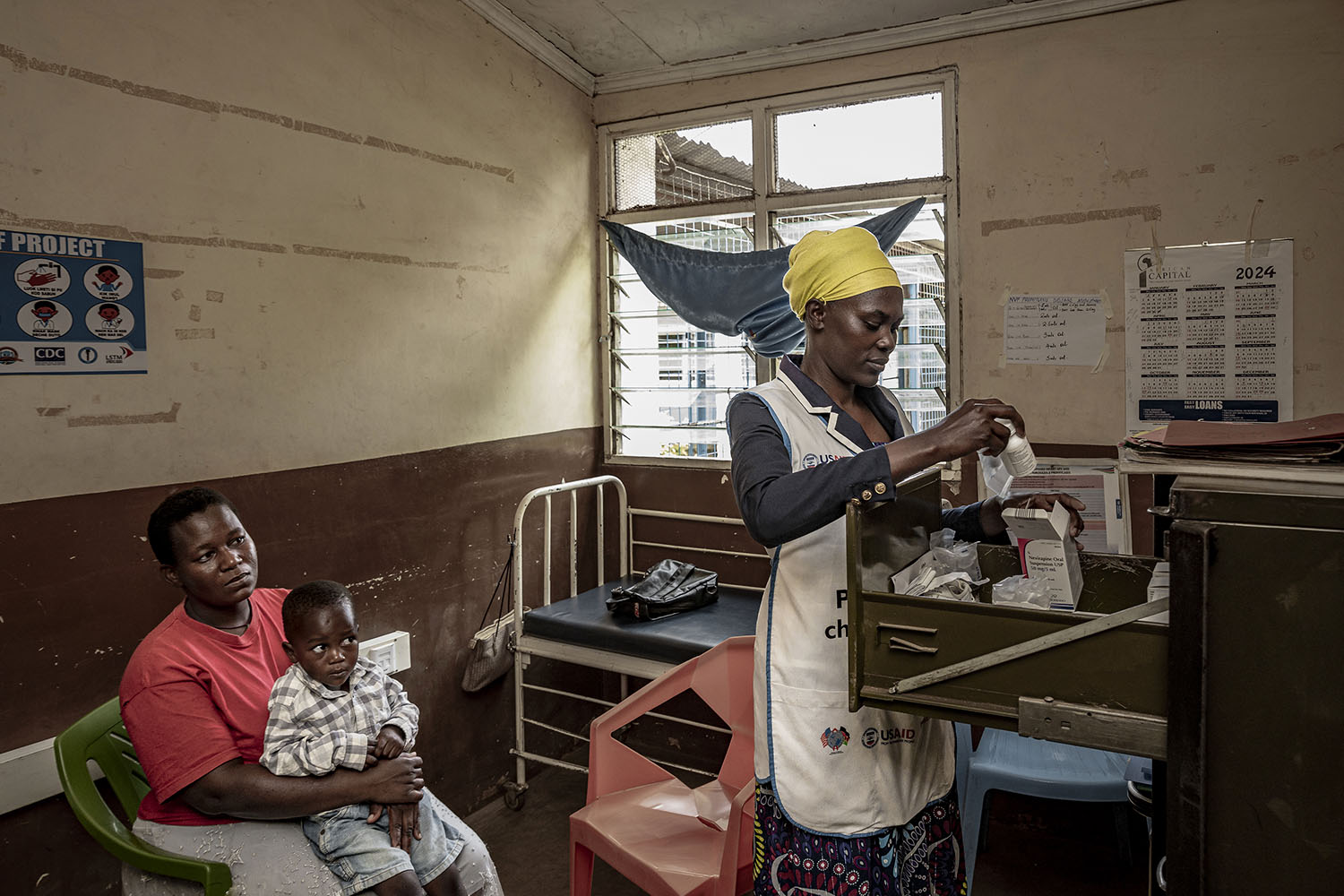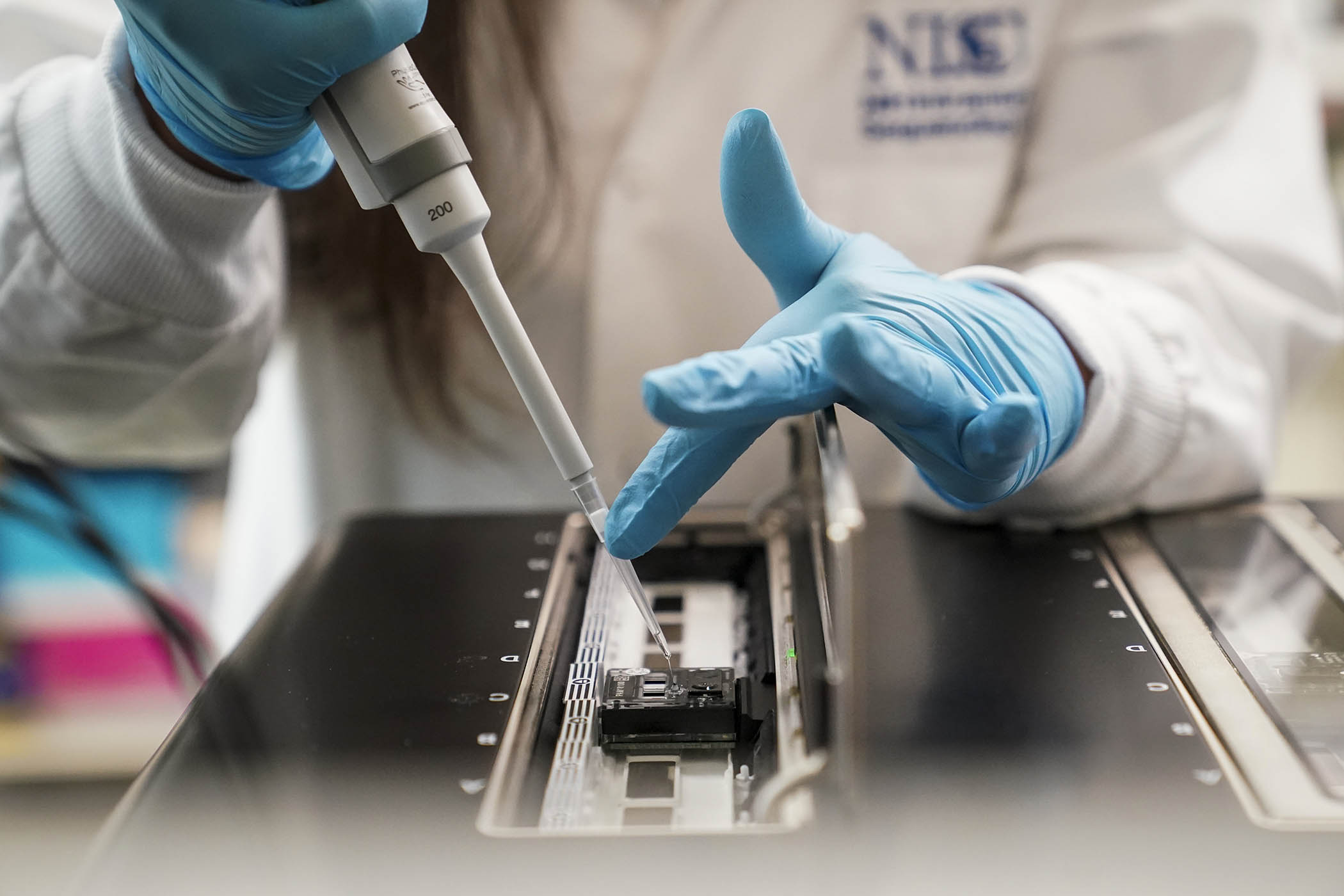The reported cessation of the Fleming Fund represents a catastrophic abandonment of Britain's leadership on one of the gravest threats to global health security. This decision, if confirmed, would dismantle what the government itself describes as “the world’s largest single investment” in antimicrobial resistance surveillance – at precisely the moment when such leadership is most needed.
Antimicrobial resistance (AMR) already directly kills or contributes to the deaths of 35,000 people annually in Britain and nearly 5 million globally. Without urgent action, forecasts suggest almost 40 million people will lose their lives in the next 25 years. The Fleming Fund, established in 2015 following the O’Neill review, has been Britain’s response to this crisis, supporting surveillance in 25 countries and building the infrastructure needed to track and combat resistant infections.
The closure makes no strategic sense. Drug-resistant bacteria do not respect borders. Infections that emerge in poorly monitored health systems abroad inevitably reach British shores through travel, trade and migration. The NHS is already treating patients with AMR infections acquired overseas. Cutting this funding is tantamount to dismantling radar systems during wartime.
This decision becomes even more inexplicable when viewed alongside Britain’s own domestic priorities. The NHS 10-year plan explicitly identifies AMR as a critical threat requiring urgent action. Yet while the government proclaims AMR a priority at home, it simultaneously abandons the very global infrastructure needed to combat it.
This contradiction is not merely illogical – it is dangerous.
Economically, the decision is equally shortsighted. Research shows that sustained investment in AMR programmes could boost the global economy by nearly £750bn by 2050. The Fleming Fund’s modest budget represents not an expense but insurance against a threat that could cripple modern medicine.
The reputational damage will be severe. Partner countries that have restructured their health systems around Fleming Fund support will question Britain's reliability. Scientific networks built through years of collaboration risk collapse. At a time when China and other competitors are expanding their global health investments, Britain appears to be retreating.
The Fleming Fund’s closure forms part of a devastating pattern of retreat from global health commitments by major donors. The US has imposed a 90-day freeze on foreign aid and dismantled USAid, representing “one of the fastest donor exits in history”, threatening 25 million lives. Britain announced a further 40% aid cut in February 2025, while Germany and France have similarly slashed funding – a collective retreat of £30bn-£45bn. This coordinated abandonment comes precisely when global challenges demand unprecedented cooperation, with wealthy nations choosing isolationism over solidarity.
Professor Andrew Seaton of the British Society for Antimicrobial Chemotherapy warns that Britain risks losing “vital partnerships, data, and trust at a time when global cooperation on AMR has never been more critical”. He is right. The Fleming Fund embodies the best of British values: scientific rigour, international cooperation, and recognition that global challenges require sustained commitment.
The government must urgently reconsider this decision. If fiscal constraints are driving the closure, ministers should present alternative models for maintaining Britain's AMR commitments. What cannot be accepted is the sudden abandonment of a programme that has positioned Britain at the forefront of global health diplomacy.
Sir Alexander Fleming may have discovered penicillin in St Mary’s Hospital in London but were it not for an international cooperation it might never have had the impact it did – including saving countless lives in the second world war. Fleming himself warned that misuse of antibiotics would breed resistance, in his 1945 Nobel speech. His prescience created a moral obligation to protect these life-saving medicines for future generations. Eighty years on, we are about to renege on this duty with the termination of the Fleming Fund, one of Britain’s most significant contributions to health security.
The choice is clear: reverse this damaging decision or accept responsibility for weakening global defences against one of the most serious threats to human health. Britain can and must do better.
Lord Ara Darzi is executive chair of the Fleming Initiative and director of the Institute of Global Health Innovation, Imperial College London
Photograph by Michel Lunanga/Getty Images
Newsletters
Choose the newsletters you want to receive
View more
For information about how The Observer protects your data, read our Privacy Policy
Related articles:


